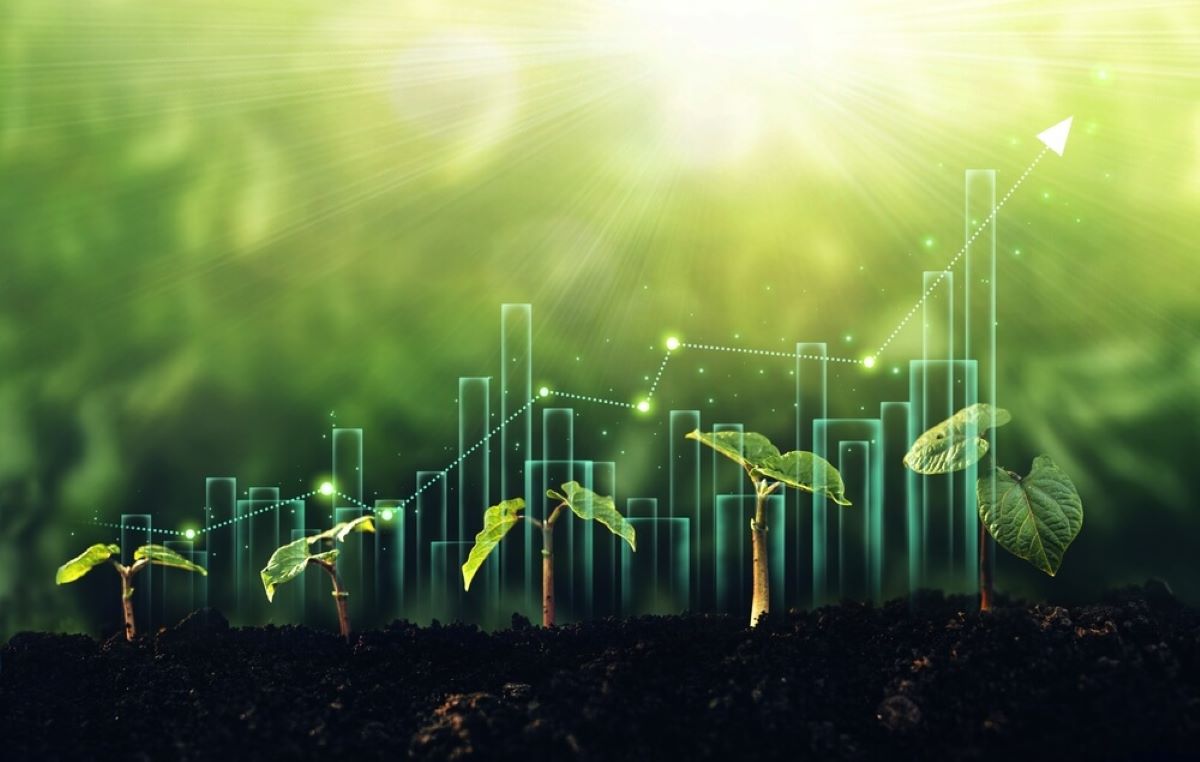In recent years, the world has witnessed an escalating global concern over environmental issues, with the Middle East region being no exception. As countries grapple with the dual challenge of fostering economic growth while minimizing their carbon footprint, the concept of green finance has emerged as a vital tool for sustainable development.
Green finance entails directing financial resources towards environmentally friendly and socially responsible projects, thereby paving the way for a greener future. This article explores the various green finance initiatives undertaken in the Middle East, highlighting their role in promoting sustainable investments and contributing to overall economic growth.
Diversification of energy sources: A focus on solar energy stocks
The Middle East, known for its vast oil reserves, is increasingly diversifying its energy mix to include renewable sources, especially solar energy. Solar energy stocks have gained prominence as viable investment options, reflecting the region’s commitment to sustainable development.
Countries like Jordan have made significant strides in harnessing solar power, contributing to both energy security and a reduction in greenhouse gas emissions. The Shams Ma’an solar project in Jordan is a prime example, illustrating the successful integration of solar energy into the national grid.
Investing in solar energy stocks not only aligns with the principles of green finance but also offers attractive financial prospects. As the world transitions towards cleaner energy alternatives, solar energy companies stand to benefit from increased demand and technological advancements.
Middle Eastern investors, recognizing this potential, are increasingly turning to solar energy stocks as part of their investment portfolios. This not only facilitates sustainable development but also presents an opportunity for financial growth.

Green bonds and Islamic finance: A synergistic approach
One of the cornerstones of the Middle East’s green finance initiatives lies in the realm of green bonds, which have gained substantial traction in recent years. Green bonds are debt instruments issued to raise capital for projects with positive environmental impacts. The Middle East has seen several countries embracing this financial innovation to fund renewable energy, clean transportation, and energy-efficient infrastructure projects.
For instance, the United Arab Emirates (UAE) issued its inaugural green bonds to finance renewable energy projects like the Noor Abu Dhabi Solar Plant, one of the world’s largest solar power installations.
A noteworthy aspect of the region’s green finance landscape is its integration with Islamic finance principles. Islamic finance emphasizes ethical and socially responsible investments, aligning well with the goals of green finance. Countries like Saudi Arabia and Qatar have pioneered the concept of green sukuk, Islamic bonds structured to fund environmentally sustainable projects.
The issuance of green sukuk not only attracts environmentally conscious investors but also ensures compliance with Islamic ethical standards.
Conclusion: Middle East and sustainable investments with benefits
In conclusion, the Middle East is making significant strides towards promoting sustainable investments and economic growth through its green finance initiatives. The adoption of green bonds and the incorporation of Islamic finance principles have created a synergistic approach that not only funds environmentally friendly projects but also aligns with ethical and moral standards. Furthermore, the region’s focus on diversifying its energy sources, particularly through solar energy stocks, showcases a commitment to reducing its carbon footprint while simultaneously harnessing potential financial gains.
While challenges remain, such as the need for increased awareness and education on green finance, the Middle East’s efforts signal a positive shift towards a more sustainable future. As governments, financial institutions, and investors continue to collaborate on innovative solutions, the region’s green finance initiatives are likely to play an instrumental role in shaping a greener, more prosperous tomorrow. The examples set by countries like the UAE, Saudi Arabia, and Jordan highlight the tangible impact of sustainable investments, offering a blueprint for other nations to follow.
In the grand tapestry of global sustainability, the Middle East’s commitment to green finance is a beacon of hope. As the world grapples with the urgency of addressing climate change, these initiatives serve as a testament to the region’s dedication to both economic growth and environmental responsibility. Through the convergence of financial innovation, ethical principles, and renewable energy investments, the Middle East is paving the way for a more sustainable and prosperous future for generations to come.
Konstantin Rabin is CEO of Finance Makers
For more on sustainability, click here.








